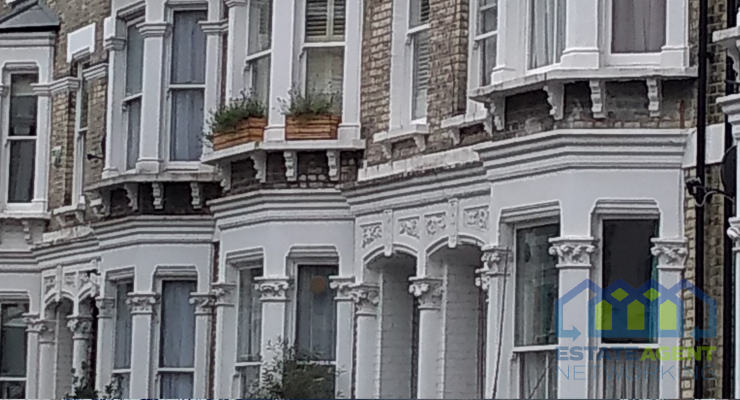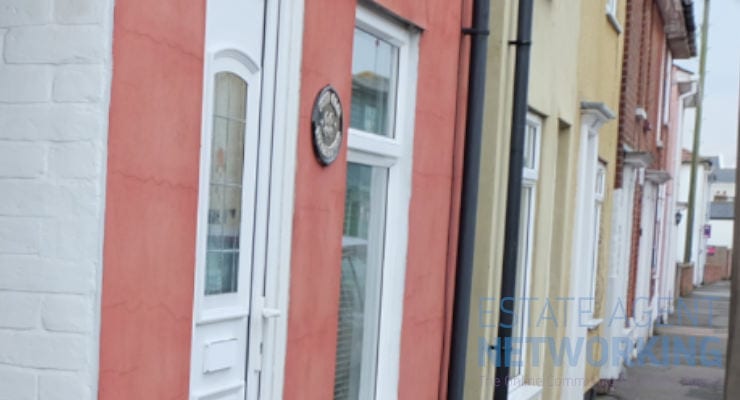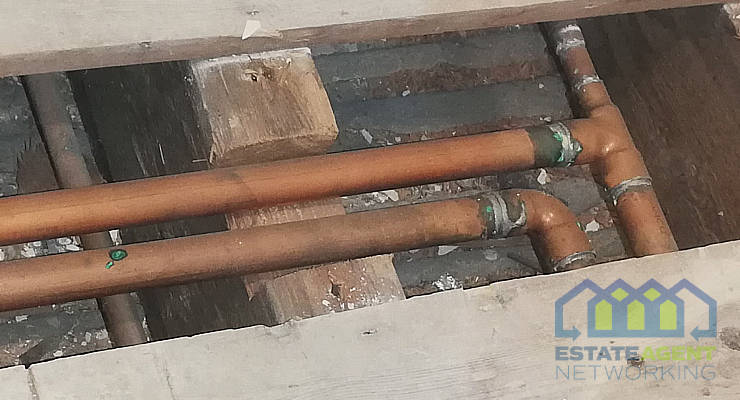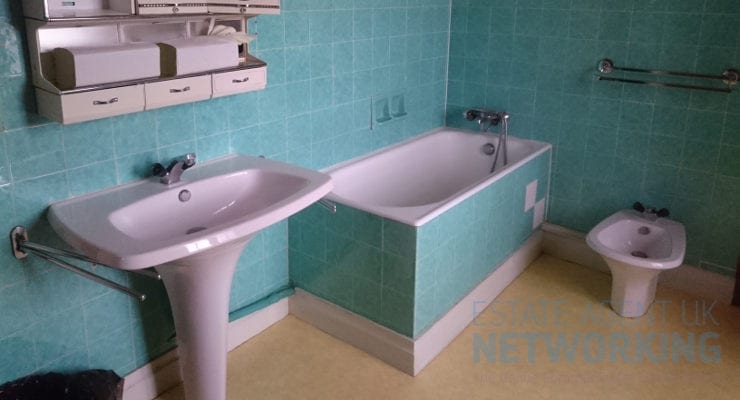Are mid-term inspections more important than tenant references?
If you are a lettings agent or property manager, you’ll be forgiven for feeling like a referee. Disputes between tenants and landlords are normally time consuming and complex, with a fall out that can sour relationships with everyone involved.
The situation is not helped by a piece of new research by online letting agent PropertyLetByUs, which uncovered the top secrets tenants keep from their landlord or letting agent. The survey revealed that nearly two in three tenants have tried to avoid paying the rent (63%), while other activities tenants try to hide include keeping a pet without authorisation (59%); redecorating without permission (45%); damaging walls by knocking nails in (33%); not mowing the lawn (18%) and dumping rubbish in the front garden (11%).
While rental arrears can be solved with a tip-top accounts department or by outsourcing rent collection to a specialist third-party company, cosmetic and physical actions that break the tenancy agreement are often overlooked. Many are only discovered at the check-out stage which, by then, is too late.
The spokesperson for PropertyLetByUs rightly pointed out that good tenant references are a key part of a smooth lettings process but also that regular property inspections are essential to ensure no breach of contract. I agree, tenant referencing is vital but a glowing set of employer or past landlord endorsements is no guarantee that a tenant will behave in their next property. One of the other tenant secrets the PropertyLetByUs survey worryingly uncovered was subletting – with 6% of renters offering a room to another person behind the landlord’s back. This is where letting agents, property managers and landlords lose control, when they have no idea of the calibre of person inhabiting the property.
Regular inspections are a great way of warding off tenant/landlord disputes, as small niggles can be nipped in the bud or highlighted before they become major issues. Property professionals can also sniff out any evidence of sub-letting – such as duvets on the sofa, a dining room that has a bed in it, or more toothbrushes in the bathroom than people listed on the tenancy agreement. A personal visit will also give the tenant a chance to voice any concerns face-to-face, as occupants often feel nervous about approaching the landlord direct.
They say assumption is the mother of all evils, and just presuming tenants are behaving and respecting a property isn’t enough. Scheduled inspections should form the backbone of a fully managed service – tenants and landlords will both appreciate the diligence.
* Simon Duce is the Managing Director of ARPM Outsourced Lettings Support









